英语语言学(荣誉)
BA (Hons) English Language and Linguistics

学历文凭
Bachelor Degree with Honours

专业院系
School of English, Communication and Philosophy

开学时间

课程时长

课程学费

国际学生入学条件
IDP—雅思考试联合主办方

雅思考试总分
- 雅思总分:
- 托福网考总分:
- 托福笔试总分:
- 其他语言考试:
CRICOS代码: 2HS6
申请截止日期: 请与IDP联系 以获取详细信息。
课程简介
Why study this courseHow does your use of language express who you are and who you want to be Why do babies learn language easily while adults struggle How and why does language change How is language in the media used to manipulate us Are pictures sometimes better than words Can we talk with animalsThrough our English Language and Linguistics (BA) degree, you will have the opportunity to explore questions such as these and will gain a deep understanding of how linguistic communication works based on usage from English and comparative examples from a wide range of other languages.You will study core theories and cutting-edge practices in linguistics. You will also acquire the skills to apply those theories and practices to real world issues.Together, we will look at how language is structured and used in the social world. There are two key aspects to doing this: First, knowledge of the relationships between linguistic structures, individual identity, and social organisation. Second, the acquisition of skills for analysing language, not just as it can be used but as it is used in context.In the first year of the programme, you will learn how language works and how to use language to communicate. During the second year, you will focus on how language is and has been used in practice. These topics will equip you to discover how to navigate the use of language and linguistics in today’s modern world and the relationship between language and society, with a focus in your final year on how to communicate specialist topics to different audiences.Acquiring career-enhancing skills, you’ll have the opportunity to produce different types of texts and work with specialised software. You will gain skills from analysing real-world examples of language and learn how to construct arguments and communicate ideas to different audiences.A degree in English language and linguistics develops abilities to analyse and critique the language that surrounds us and helps develop a strong skillset that is valued in the workplace.Our community is welcoming, supportive, and student-centred. We are diverse in outlook and home to the globally respected Centre for Language and Communication Research.Learning and assessmentThroughout the degree, our aim is to support you to become an independent, creative, and critical thinker.First year teaching provides carefully structured support through lectures and seminar discussions to help you develop key skills and gain confidence. The learning activities will vary from module to module, but may include lectures, seminar discussions, student presentations, and small-group work. You will also have access to relevant learning and teaching materials through our electronic learning environment.Through the second and final year of study, you will increasingly learn through guided independent reading and interactive lectures and seminars, discussing new research with internationally recognised academics who are currently working in that area.In this supportive environment, you will develop your abilities to analyse texts, construct arguments, collaboratively work through problems, and present your ideas clearly to others. You are expected to do the reading and other relevant preparation to enable you to take part fully in these activities and are encouraged to explore the resources of the library.
相关申请
 预科
预科 奖学金
奖学金 实习机会
实习机会 在校学习
在校学习 跨境学习
跨境学习 校园授课-线上开始
校园授课-线上开始 在线/远程学习
在线/远程学习
开学时间&学费
学费信息仅供参考,请与IDP联系以获取详细信息
| 开学时间 | 时长 | 学费 | 地点 |
|---|
学校排名

世界排名187
数据源:
泰晤士高等教育世界大学排名
关于卡迪夫大学

卡迪夫大学是英国一所享有盛誉的大学,位于英国四大地区之一--威尔士的首府。作为威尔士唯一的罗素集团大学,卡迪夫大学以其世界一流的研究水平、卓越的学术成就和优异的毕业生成果而闻名。卡迪夫大学在英国排名第22名(2026年《完全大学指南》),在全球排名第181名(2026年《QS世界大学排名》),提供国际认可的学位课程和支持性的学习环境。每年,卡迪夫大学都会迎来来自138个国家的6300多名国际学生,营造出一个多元化、包容的社区。卡迪夫大学高度重视就业能力,85%的国际毕业生在完成学业后不久就能找到高技能工作(2022/23年度毕业生成果报告)。卡迪夫大学在研究卓越性方面排名全英第14位,研究影响力方面排名第11位(2021年研究卓越框架),这体现了该校对创新型、面向现实世界研究的承诺。大学已投资6亿英镑用于新设施,包括最先进的教学空间、实验室和学习中心。卡迪夫大学的学生生活评价很高,连续三年在学生生活方面排名全英第二,学生会组织也位列全英第二(2025年WhatUni学生选择奖)。卡迪夫大学拥有200多个学生社团、60个体育俱乐部以及定期举办的国际学生活动,为国际学生提供了无限的参与机会。符合录取条件的国际学生将获得大学宿舍的单人住宿,且宿舍距离校园仅几步之遥。
本校相关课程

威尔士历史(MA)
学历文凭
Masters Degree (Taught)
开学日期
课程费用总额

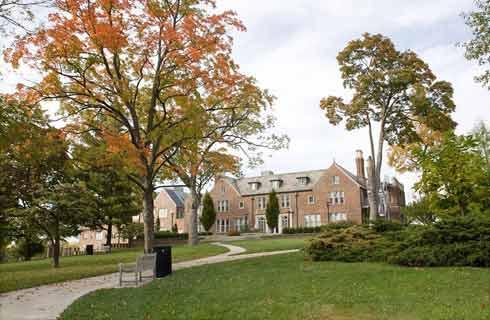
政治与国际关系博士/硕士-威尔士
学历文凭
Ph.D.
开学日期
课程费用总额


城市设计(MA)
学历文凭
Masters Degree (Taught)
开学日期
课程费用总额

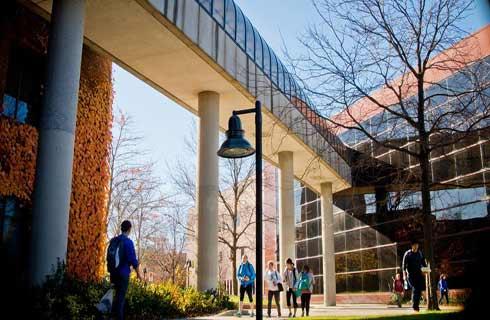
运输与规划(MSc)
学历文凭
Masters Degree (Taught)
开学日期
课程费用总额

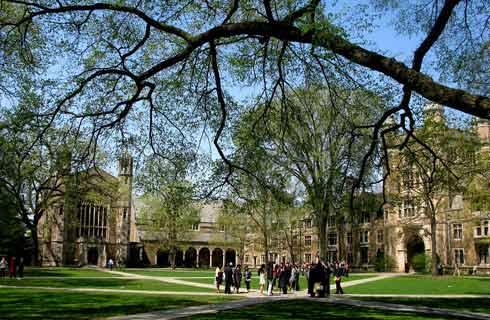
组织工程学(MSC)
学历文凭
Masters Degree (Taught)
开学日期
课程费用总额


化学博士学位/哲学硕士-理论与计算化学
学历文凭
Ph.D.
开学日期
课程费用总额

其他相关课程

法语和数学(荣誉)文学士学位
 斯特灵大学
斯特灵大学泰晤士高等教育世界大学排名:594
学历文凭
Bachelor Degree with Honours
开学日期
课程费用总额


文学硕士(荣誉学位)意大利语和波斯语
 圣安德鲁斯大学
圣安德鲁斯大学泰晤士高等教育世界大学排名:162
学历文凭
Bachelor Degree
开学日期
课程费用总额


硕士(荣誉)德语/意大利语
 格拉斯哥大学
格拉斯哥大学泰晤士高等教育世界大学排名:84
学历文凭
Bachelor Degree
开学日期
课程费用总额

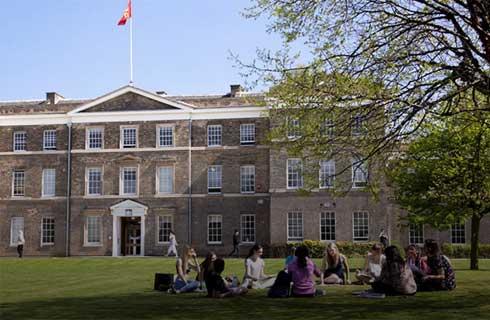
文学硕士-法语
 奥克兰大学
奥克兰大学学历文凭
Masters Degree (Research)
开学日期
课程费用总额


法语学士(荣誉)学士学位
 华威大学
华威大学泰晤士高等教育世界大学排名:123
学历文凭
Bachelor Degree
开学日期
课程费用总额

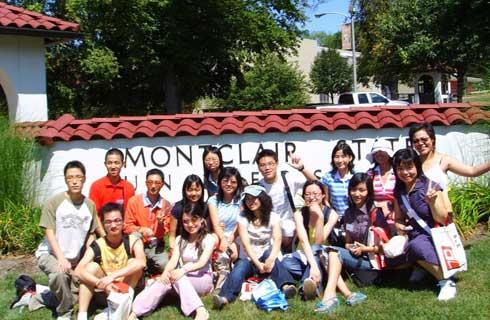
商务英语强化课程(伦敦校区)
 Stafford House International
Stafford House International学历文凭
English Language
开学日期
课程费用总额










